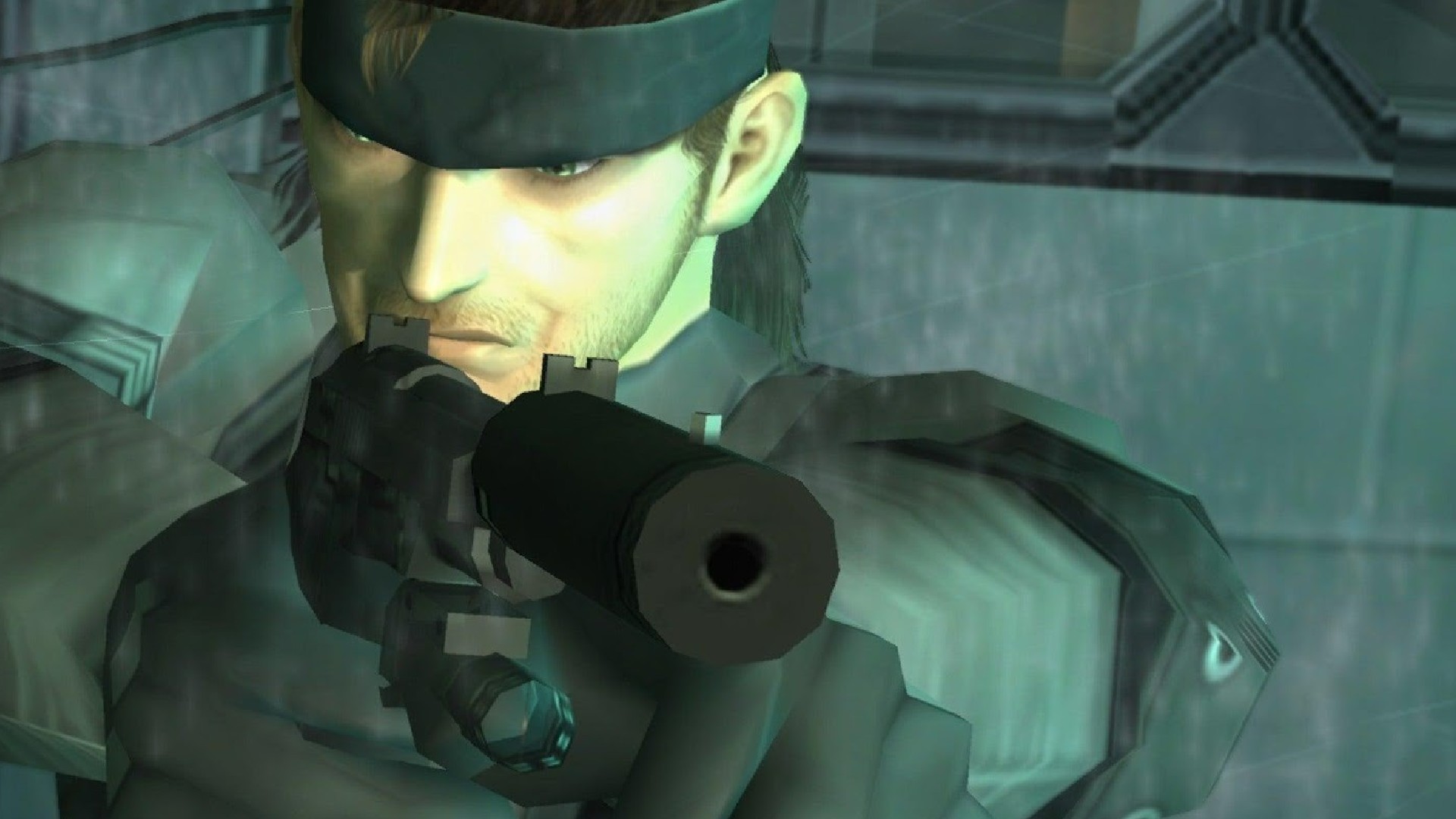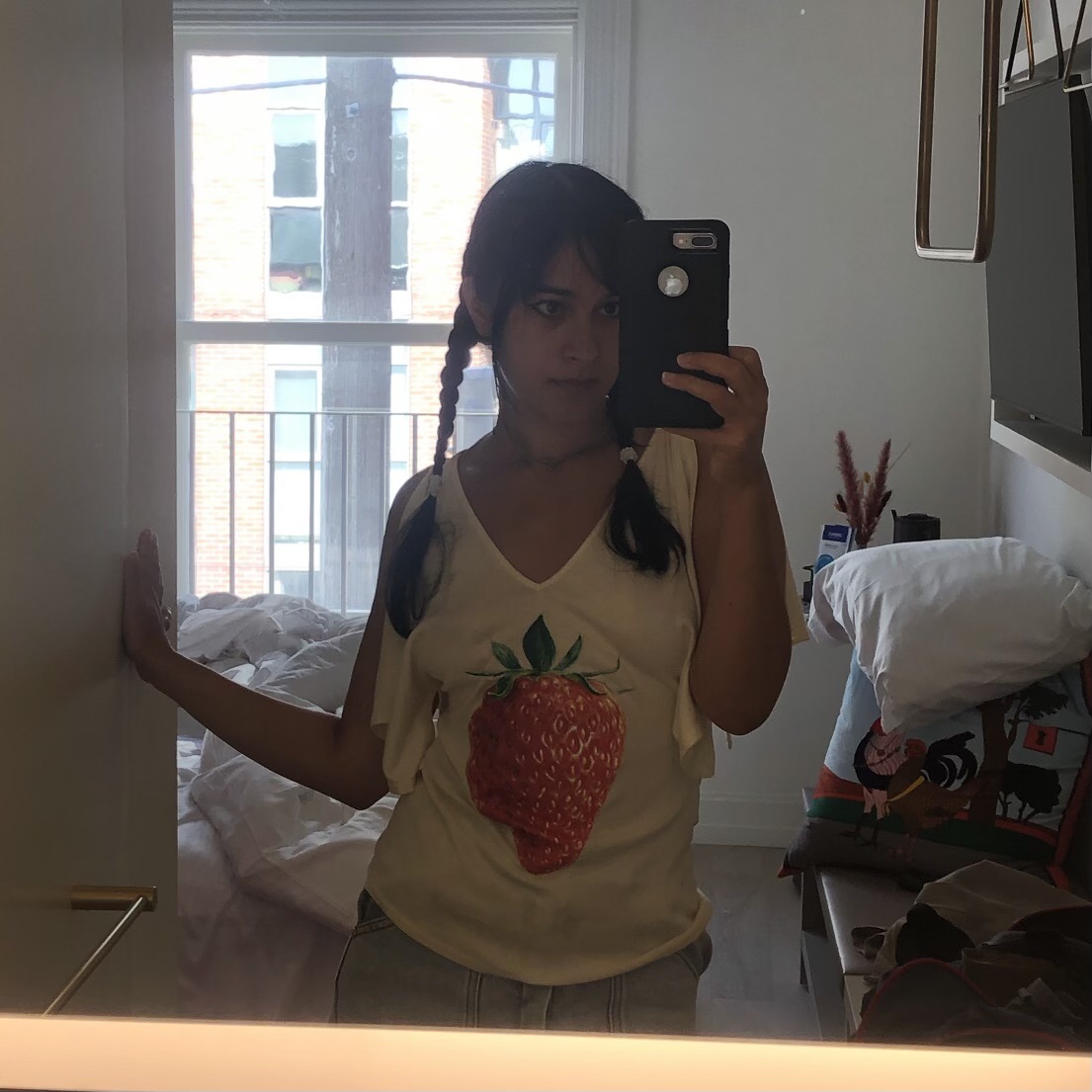On the 23rd anniversary of Metal Gear Solid 2's Japanese release, Hideo Kojima pays lengthy tribute to his "favorite song" in the Metal Gear Solid series
He can't get enough of it

The Metal Gear Solid series is completely drowning in bouncy, electronic rockstar music to get your guns firing, but for series lead Hideo Kojima, one song stands out among the rest.
"'Can't Say Goodbye to Yesterday,' the ending theme of MGS2, is my favorite song out of all the music in the Metal Gear Solid series," Kojima writes in a lengthy new post on Twitter.
Because 2001's Metal Gear Solid 2 is set in an alternate history version of New York City, filled with shadows and secrets, Kojima says he and his team "decided from the start" that the game's ending theme should be jazz, "a genre [composer and producer] Rika Muranaka excels in."
"This piece was created well ahead of the game's completion, with a lot of time and effort put into it," he adds.
'Can't Say Goodbye to Yesterday' is an orchestral ballad, swinging sweet and drowsy like an autumn leaf. Over a gush of violins, singer Carla White lets the haunting chorus pour forth: "I can't say goodbye to yesterday, my friend / 'cause I know how good it has been."
"The lyrics are amazing," Kojima continues to say in his Twitter post. And Kojima is far from the only person who finds 'Can't Say Goodbye to Yesterday' emotional.
"I listen to this [song] often," one Metal Gear Solid 2 player states in reply to Kojima's post. "I remember staying up all night, playing the game when my best friend and I were in middle school. This song played at around 4 AM, and we were both floored."
Weekly digests, tales from the communities you love, and more
That seems like an appropriate reaction. The best video game music stays with you well into the night, way after the credits roll.

Ashley is a Senior Writer at GamesRadar+. She's been a staff writer at Kotaku and Inverse, too, and she's written freelance pieces about horror and women in games for sites like Rolling Stone, Vulture, IGN, and Polygon. When she's not covering gaming news, she's usually working on expanding her doll collection while watching Saw movies one through 11.


